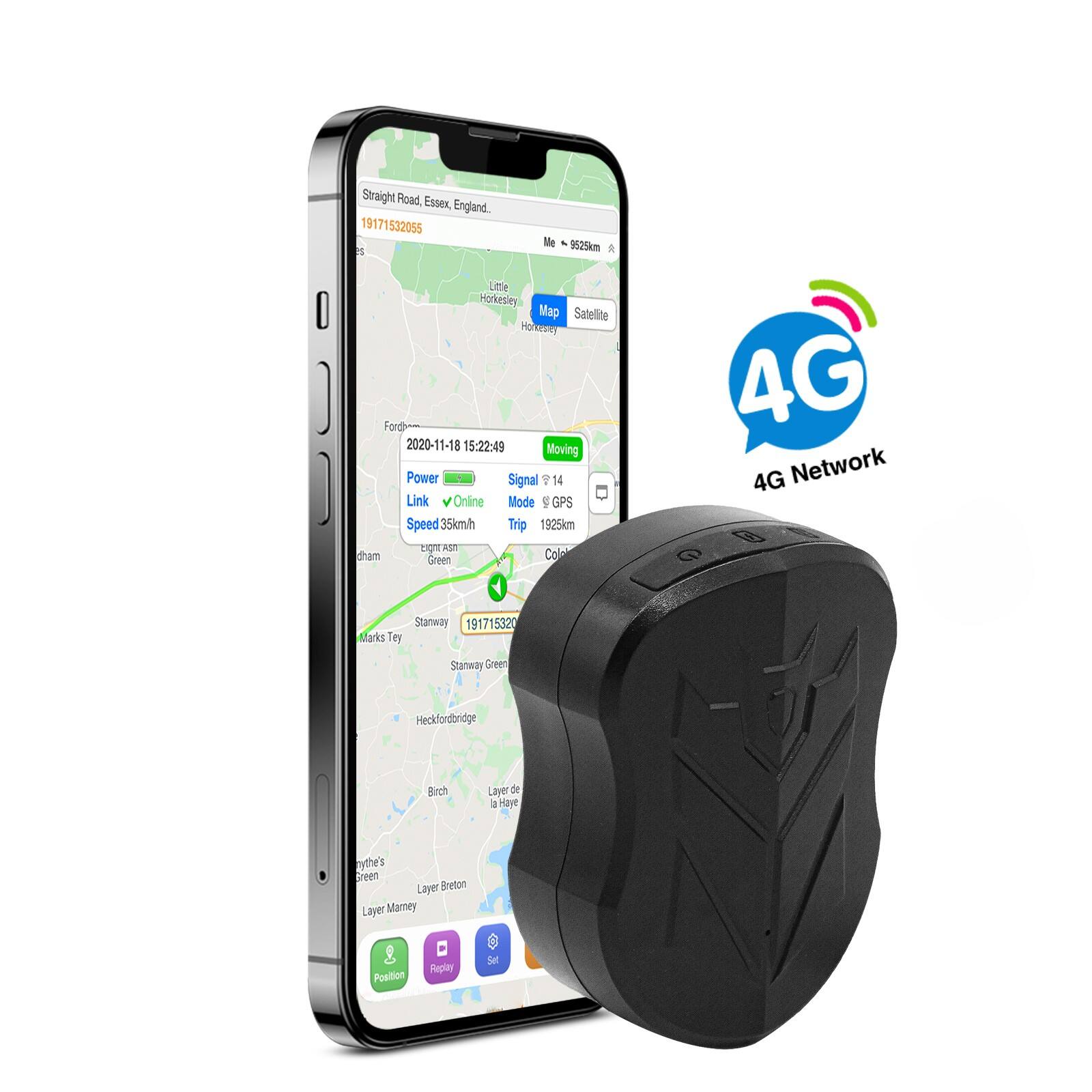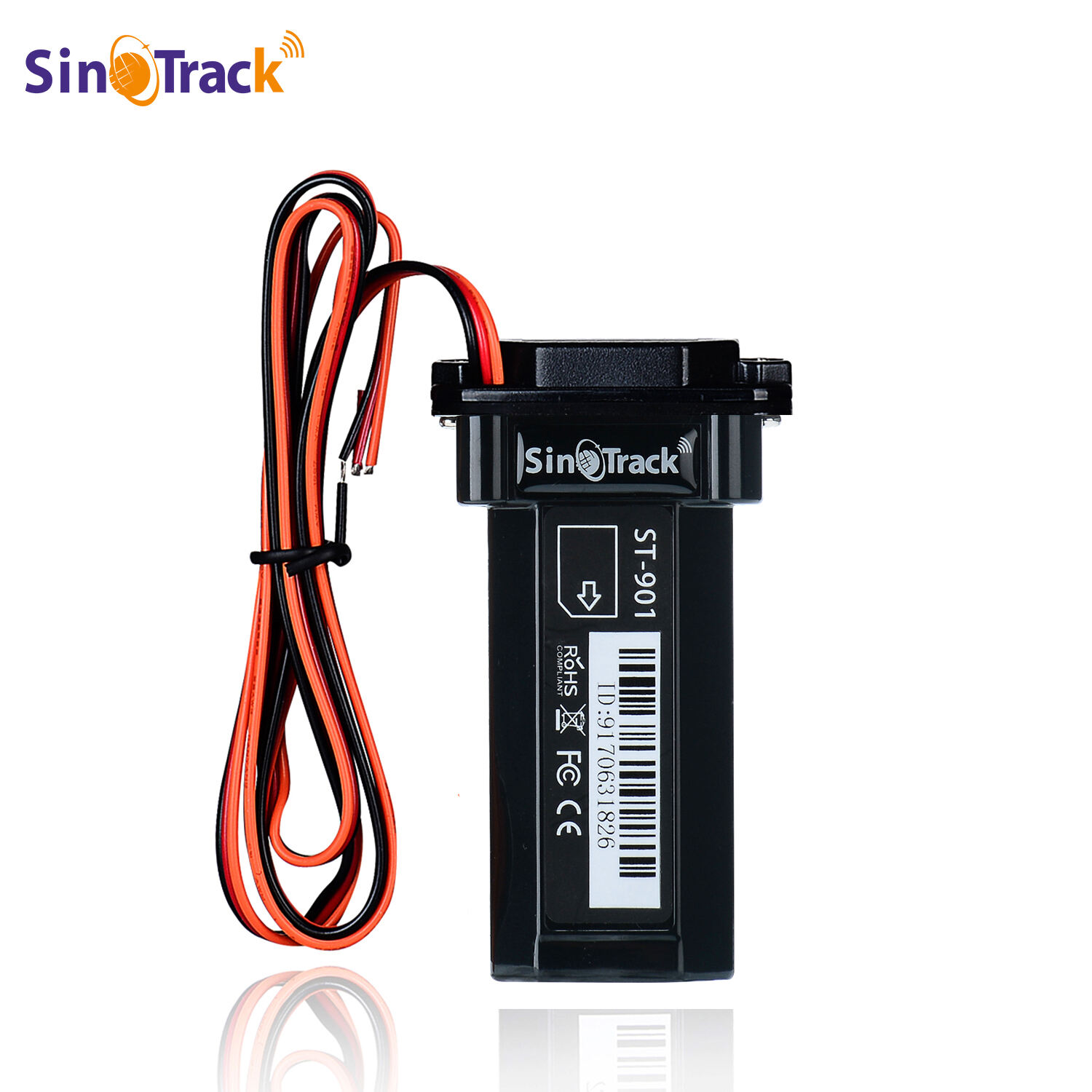The Evolution of Vehicle Tracking Technology
The landscape of vehicle tracking has transformed dramatically over the past decade. As 2G and 3G networks phase out globally, 4g gps tracker technology has emerged as the new standard for reliable asset monitoring. These advanced tracking devices leverage faster cellular networks to deliver enhanced capabilities that their predecessors simply couldn't match.
Modern businesses and individuals increasingly rely on real-time location data and advanced tracking features to protect and optimize their assets. The transition to 4G technology represents more than just an upgrade in connectivity - it's a fundamental shift in how we approach vehicle and asset monitoring.
Core Advantages of Modern Tracking Systems
Superior Network Coverage and Reliability
The widespread deployment of 4G infrastructure has created an extensive network coverage that surpasses older tracking technologies. A 4g gps tracker operates on the same robust networks that power our smartphones, ensuring consistent connectivity across urban areas, highways, and even many rural locations.
This enhanced coverage translates to fewer dead zones and more reliable tracking data. Business fleet managers can maintain consistent contact with their vehicles, while individual users enjoy peace of mind knowing their assets are continuously monitored. The stronger signal penetration of 4G technology also means better performance in challenging environments like parking structures and dense urban areas.
Enhanced Real-Time Tracking Capabilities
The increased bandwidth of 4G networks enables tracking devices to transmit data more frequently and in larger quantities. A 4g gps tracker can provide position updates every few seconds, compared to the minute-long intervals common with older systems. This near-instantaneous reporting creates a more accurate picture of asset movement and location.
Real-time tracking proves invaluable in numerous scenarios, from monitoring delivery progress to responding to theft attempts. The minimal latency of 4G networks ensures that location data reaches users quickly, enabling faster decision-making and more efficient operations management.
Advanced Features and Functionality
Comprehensive Data Collection
Modern 4g gps tracker systems collect far more than just location data. These sophisticated devices can monitor vehicle speed, acceleration patterns, idle time, and engine diagnostics. This wealth of information helps organizations optimize their operations and identify areas for improvement.
The enhanced data transmission capabilities allow for the simultaneous monitoring of multiple metrics without compromising performance. Fleet managers can access detailed reports about driver behavior, fuel consumption, and maintenance requirements, all through a single tracking solution.
Integration with Smart Systems
The 4G technology enables seamless integration with other smart systems and software platforms. A 4g gps tracker can easily connect with fleet management software, mobile applications, and enterprise resource planning systems. This interconnectivity creates a more comprehensive and efficient management ecosystem.
Users can access tracking information through various devices and receive customized alerts based on specific triggers. The integration capabilities also support automated reporting and data analysis, reducing the manual workload for system administrators.
Cost and Efficiency Benefits
Reduced Operating Expenses
While the initial investment in 4g gps tracker technology might be higher than older systems, the long-term cost benefits are substantial. The improved efficiency and reduced maintenance requirements often result in significant savings over time. The longer lifespan of 4G devices and their future-proof nature protect against premature obsolescence.
Organizations typically see reduced fuel costs through better route optimization and decreased unauthorized vehicle use. The comprehensive monitoring capabilities also help prevent vehicle abuse and excessive wear, extending asset lifespans and reducing maintenance expenses.
Improved Resource Management
The advanced capabilities of 4G tracking systems enable better resource allocation and utilization. Real-time location data and predictive analytics help organizations optimize routes, reduce idle time, and improve overall operational efficiency. The result is better use of both vehicle assets and human resources.
Businesses can make data-driven decisions about fleet size, vehicle deployment, and maintenance scheduling. The detailed insights provided by 4g gps tracker systems help identify inefficiencies and opportunities for improvement across the entire operation.

Future-Proofing Your Tracking Infrastructure
Long-Term Viability
As older network technologies are phased out, investing in 4g gps tracker systems ensures continued functionality for years to come. Major cellular carriers are maintaining and expanding their 4G networks, making it a stable platform for tracking solutions. This longevity protects your investment and prevents the need for premature system upgrades.
The robust infrastructure supporting 4G technology means these tracking systems will remain effective even as newer technologies emerge. Organizations can confidently deploy 4G tracking solutions knowing they'll provide reliable service well into the future.
Scalability and Adaptability
4G tracking systems are designed with scalability in mind, allowing organizations to expand their tracking capabilities as needed. The flexible nature of these systems makes it easy to add new devices, implement additional features, and adapt to changing business requirements.
The standardized nature of 4G technology ensures compatibility with a wide range of devices and systems, providing freedom to choose from multiple vendors and solutions. This flexibility helps organizations maintain competitive advantages and adapt to evolving market demands.
Frequently Asked Questions
How long does a 4G GPS tracker battery last?
Battery life varies depending on usage patterns and reporting frequency, but most modern 4G GPS trackers can operate for several days to weeks on a single charge. Many devices also offer power-saving modes and can be hardwired to vehicle power for continuous operation.
Can 4G GPS trackers work internationally?
Yes, many 4G GPS trackers are designed for global operation and can switch between different cellular networks. However, it's important to verify the specific frequency bands and roaming capabilities of your chosen device for international use.
What happens if 4G coverage is temporarily lost?
Modern 4G GPS trackers include internal memory to store location data during connection gaps. Once connectivity is restored, the device automatically uploads the stored data to ensure continuous tracking history. Some devices can also fall back to available 3G networks when necessary.
How secure is the data from a 4G GPS tracker?
4G GPS trackers typically employ advanced encryption protocols to protect transmitted data. Most systems use secure servers and require authentication for data access, ensuring that your tracking information remains private and protected from unauthorized access.

